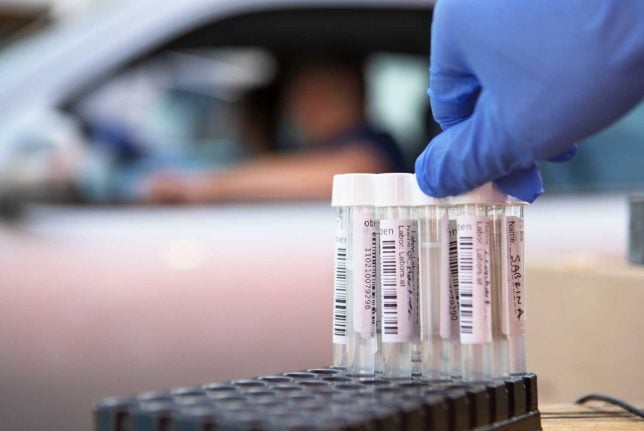In total, 1,346 infections were recorded across Austria – the highest number since the pandemic began, Kurier reports.
However as in most countries Austria is carrying out far more tests per day than it did at the start of the pandemic.
The graph below shows the number of tests carried out per 1,000 people since the pandemic began.
Perhaps most worryingly for Austrian authorities, the new infections were not the result of one cluster or outbreak but were seen all across the country.
The most new cases were recorded in Vienna (402), Upper Austria (234), Tyrol (184), Lower Austria (139) and Salzburg (134).
Coronavirus: How Austria plans to avoid a second lockdown
Cases were also recorded in Vorarlberg (77), Carinthia (72), Styria (62) and Burgenland (42).
The test positive rate – which is the percentage of total tests carried out which are positive – is 7.9 percent across the country.
A total of 112 people are in intensive care across the entire country, while the death count rose by 11 across the same 24-hour period.
On the basis of population, the infection rate is roughly double that of Germany.



 Please whitelist us to continue reading.
Please whitelist us to continue reading.
Member comments